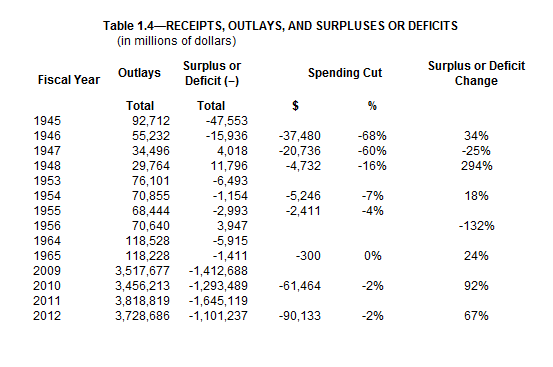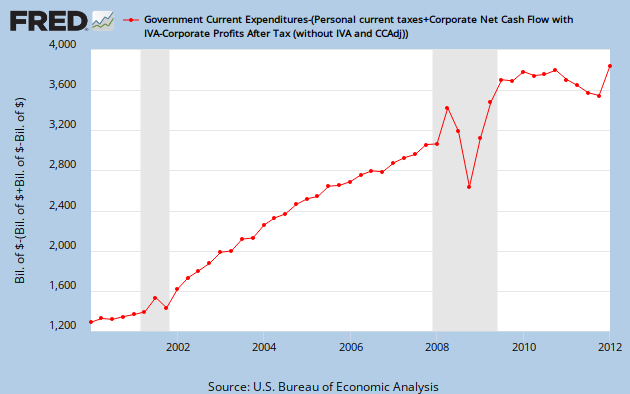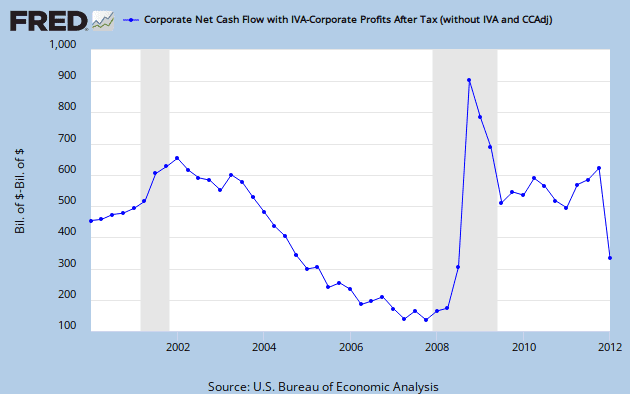Middleoftheroad
Active Member
It's supposed to be a prime the pump deal where an influx of gov't spending gets the economy going again on a sustained basis. .
but even that liberal idea is perfectly 100% stupid. A weapon and solar panel from Solyndra have the exact same utility: $0
Now you are just being stupid on purpose. To say that a solar panel has no value whatsoever is assinine. The provide power, power serves a purpose. I don't buy them because I think they are expensive, but to say they have 0 value, you might as well say that electricity has 0 value. No one on earth believes you.



